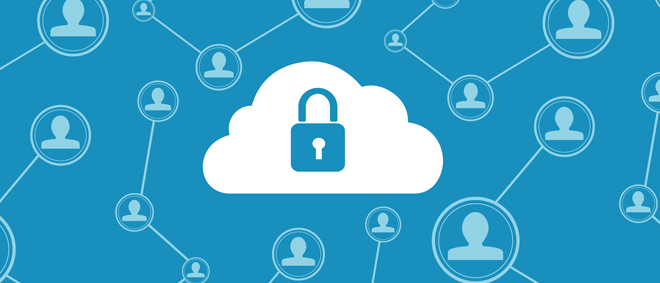The New York AG recently issued information about steps companies can take to protect against credential stuffing attacks, and how to handle them if they occur. The guidance makes up a majority of a larger AG report on credential stuffing.
Continue Reading NYAG Issues Credential Stuffing Guidance




